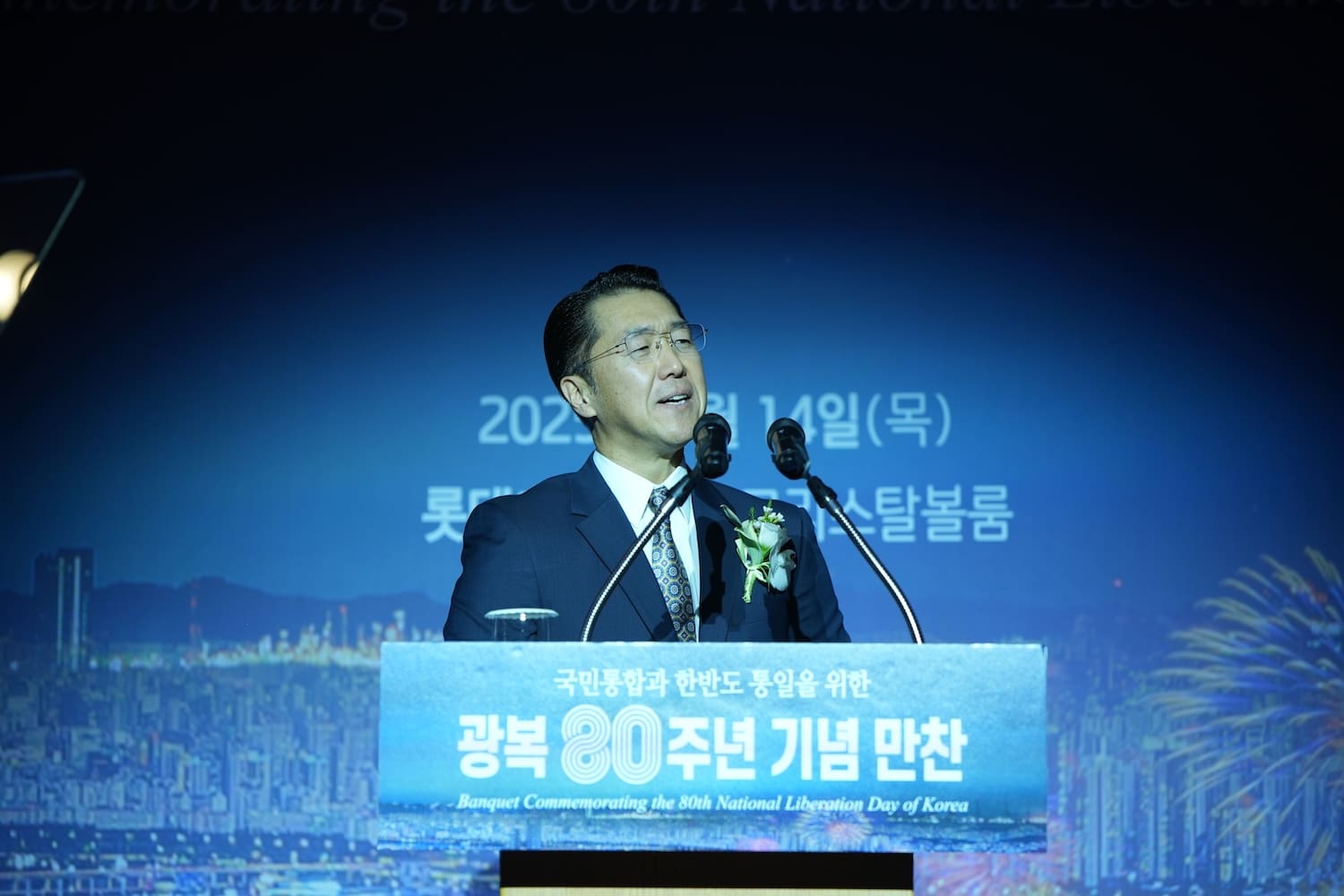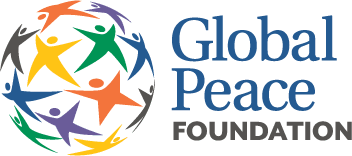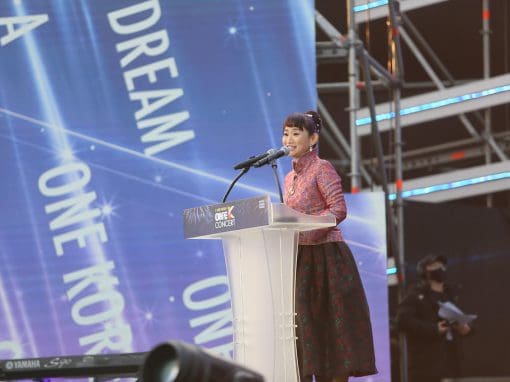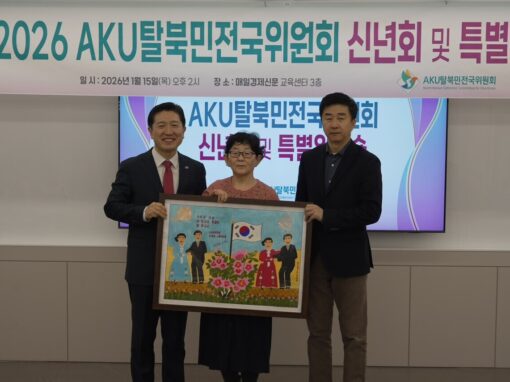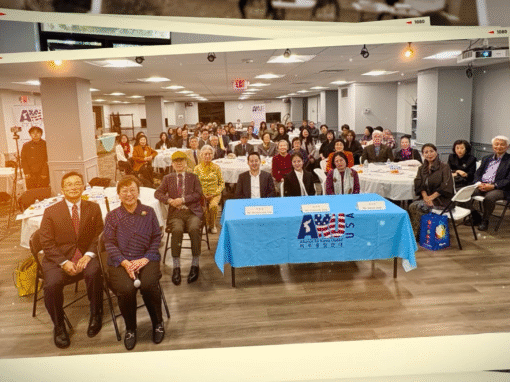Dr. Hyun Jin Preston Moon, Chairman of Global Peace Foundation, speaks at the Action for Korea United Banquet Commemorating the 80th National Liberation Day of Korea
Speaking to an international audience at a forum on “International Support for a Free and Unified Korea,” Hyun Jin Preston Moon, an AKU founder, said that it was time for Koreans to take stock of where the country stood.
“The Miracle on the Han has hit its peak and will face a sharp decline,” he said. “There is urgent need for reform and renewal in every sphere of national life.”
He identified three major challenges facing Korea today. The first is the breakdown of the traditional Korean extended family model. The material prosperity generated by rapid economic growth, “without an animating vision rooted in some deeper national purpose,” has eroded social and cultural bonds, he said.
This has led to a drastic decline in marriage rates and family formation. South Korea now faces a demographic crisis with the lowest birthrate in the world. At 0.7 live births per woman, this is far below the replacement rate of 2.1 births, which will lead to a declining tax base to support welfare programs for the retired population.
The second challenge is the chaebol system. Chaebols are the very large Korean conglomerates that dominate the economy and stifle innovation from start-ups. The four largest chaebols create 40% of gross domestic product, while, according to a 2019 report, 64 chaebols produced 84% of GDP while only employing 10% of the workforce.
The third challenge is South Korea’s export-led economy. Exports make up 44% of GDP, compared with 22% for Japan and 20% for China, according to figures for 2023. This makes Korea uniquely vulnerable to U.S. trade tariffs.
The long-term answer is an expanded domestic market. Moon pointed out that reunification would provide development investment opportunities in the North, as well as a new labor source and market.
He noted that these challenges call for “a unifying vision that can bring [Korea’s] many disparate parts together rooted in a renewed Korean identity.” The vision proposed has become known as the “Korean Dream.” It aims to revive a strong sense of Korean identity, bridging political and ideological divides by looking to moments of unity and national purpose from the past.
Read more on UPI.com.
